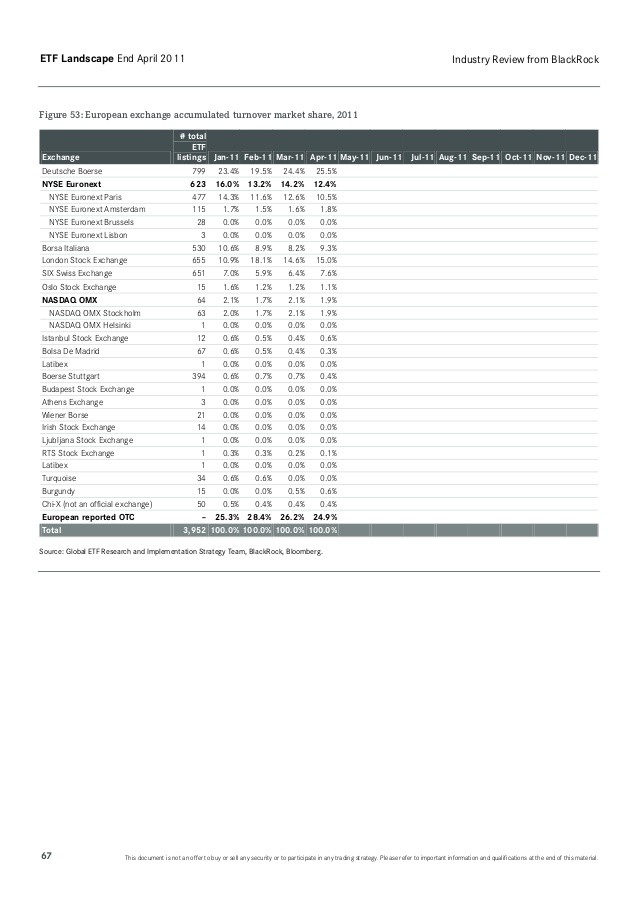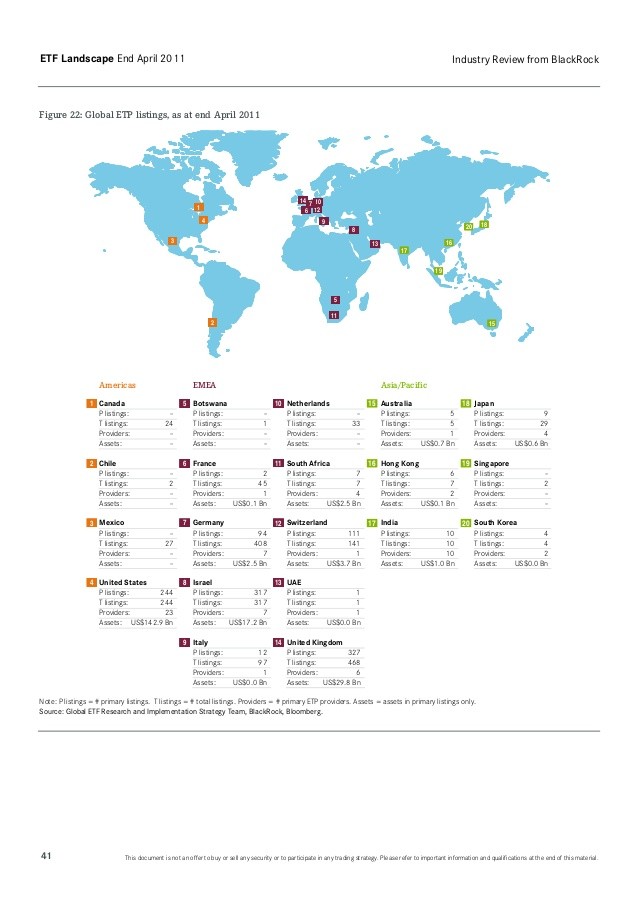Poor SPIVA Scorecard Highlights Appeal of Index ETFs
Post on: 16 Март, 2015 No Comment

Current Affairs News:
More investors are turning to beta-index exchange traded funds as a low-cost way to passively follow major indices, especially with many actively managed funds falling short of their benchmarks.
Over the long term three- and five-year horizons, most active managers fail to produce alpha, according to the latest S&P Indices Versus Active Funds, or SPIVA, U.S. Scorecard.
The results show that the majority of the active managers across all the domestic equities categories failed to deliver returns higher than their respective benchmarks, Aye M. Soe, CFA, Director of Index Research & Design at S&P Dow Jones Indices, said in the SPIVA report.
Specifically, 55.8% of large-cap managers and 68.1% of small-cap managers underperformed benchmarks over the past 12 months ended Dec. 31, 2013.
Active managers are said to be best at navigating inefficient markets but they have not been living up to expectations.
It is commonly believed that active management works best in inefficient markets such as small-cap or emerging markets—an argument that we find to be unconvincing, Soe added. In fact, rolling five-year analysis of the performance figures over the past five years shows that the majority of small-cap active managers have been consistently underperforming the benchmark.
Active managers fared better in international developed and international small-cap categories; however, 54.1% of global equity and 57.5% of emerging market equity active fund managers lagged behind benchmarks. [Sector ETF Rotation Strategy ]
S&P notes that active international small-cap equities remain the only category that has consistently outperformed benchmarks.

In comparison, index-based ETFs passively track a benchmark index, either through a sampling technique whereby the fund selects a portion of securities from the underlying index or through full replication. Consequently, the ETFs will closely follow a benchmark.
However, index-based ETFs wont perfectly track benchmarks as factors like the expense ratio or timing on portfolio rebalancing may cause slight tracking errors. [How Tracking Error Can Impact ETF Performance ]
For more information on ETFs, visit our ETF 101 category .
Max Chen contributed to this article .
The opinions and forecasts expressed herein are solely those of Tom Lydon, and may not actually come to pass. Information on this site should not be used or construed as an offer to sell, a solicitation of an offer to buy, or a recommendation for any product.














